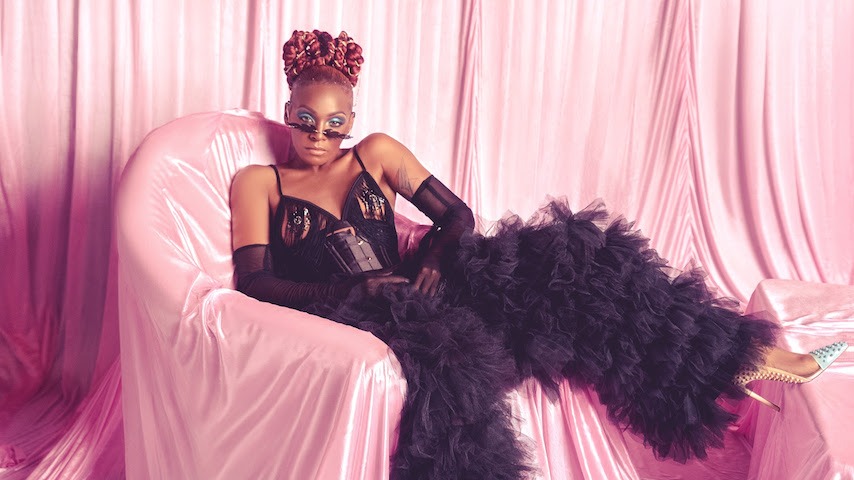Jason Isbell isn’t the kind of guy you’d think of as haunted, but he’s surrounded by ghosts on his new album. Some of them are the literal shades of people he (or his narrators) once knew who are gone now. Others are figurative: past selves, maybe, lingering in the shadows that memory casts. Together, they’re the spirits that comprise Reunions, Isbell’s latest LP with his band the 400 Unit, and the follow-up to his 2017 release The Nashville Sound.
It’s not surprising that Isbell would find himself in the company of spectres. It’s a function of getting older and realizing how much you, and the world around you, have changed over time, of discovering that parts of life that once loomed large in your mind aren’t as big you seem to remember. Isbell turned 41 this year, young enough that his formative years still seem closer than they really are, and old enough for the Alabama-born singer to have discovered that taking the longer view helps ease the sting of all those hard-learned lessons that can pile up in early adulthood. That is, if you’re lucky enough to come through it with your wits intact and with enough perspective to see the journey as something more than a bumpy ride over rough terrain.
Isbell has both smarts and perspective, and each seems to increase a little bit more from one album to the next. He’s always been an empathetic songwriter with a distinctive willingness to see the world from a point of view other than his own. Like any good storyteller, Isbell creates characters, and he has a storyteller’s ability to bring them to life by infusing them with enough of his own experiences, be it sobriety or fatherhood, to make their struggles and small triumphs resonate.
He also has a knack for implying a full narrative arc in his songs without filling in all the details. On the searing rocker “Overseas,” it’s a single father in a ghost town where “even the ghosts got out,” singing to the absent mother of their daughter. Fiery guitar leads punctuate mournful verses, and Isbell’s narrator sounds stuck, alternating between muted resignation and full-throated distress as the song unfolds. There’s resignation on “Dreamsicle,” too, though of a different sort as Isbell gives voice to a teenager who’s grown wearily accustomed to his parents pulling up stakes and moving their dysfunctional family on short notice. Amanda Shires, Isbell’s wife, adds fiddle licks and close harmony vocals over a mix of piano and acoustic guitars. If the kid on “Dreamsicle” is looking forward to getting away and creating his own stability, the narrator on “Only Children” is looking back to formative experiences he had with a friend who has since died, and finding that nostalgia is often bittersweet. It’s a moody song, with brushed drums and intertwining acoustic guitars augmented by a trebly, meandering electric guitar break in the middle.
For all his skill at writing character-driven songs, Isbell also excels at rallying cries: “Hope the High Road” from The Nashville Sound called for maintaining a sense of dignity when bullies strike, instead of giving in to frustration or anger—Isbell’s version of Michelle Obama’s aphorism “When they go low, we go high.” Consequently, it was a political song in its way, just as “Be Afraid” from Reunions is a political song. Isbell seems to have aimed the tune primarily at musicians who are cowed by the loudmouths who tell them to “shut up and sing” instead of expressing their opinions, but the song has a wider application, too. “Be afraid, be very afraid / But do it anyway,” he sings on the refrain, and that’s sound advice for anyone who’s tempted to back down in the face of adversity.
Isbell has shown over the years that he’s plenty willing to think for himself, and his eight years of sobriety indicate that he knows a little something about putting up a fight, even if it’s against his own worst impulses. His best impulses he keeps channeling into his music, on seven albums and counting, and the result is a body of work that often feels indispensable. Isbell is a songwriter’s songwriter, but the songs that result are for all of us.
Eric R. Danton has been contributing to Paste since 2013, and writing about music and pop culture for longer than he cares to admit. Follow him on Twitter or visit his website.




